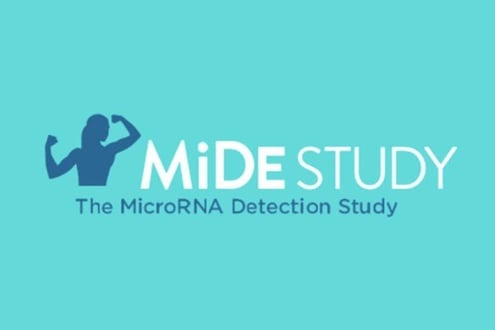BRIP1: Options for Managing Risk
Risk Management for People with Inherited Mutations
People with mutations have options for managing their increased cancer risk. Experts at the National Comprehensive Cancer Network (NCCN) created guidelines for people with a mutation to manage their cancer risk.
We recommend that you speak with a genetics expert who can look at your personal and family history of cancer and can help you decide on a plan to manage your risk. You can learn more about risk management options in our section on screening and risk reduction by cancer type.
|
Beginning Age |
Recommendation |
Additional Information |
|
45-50 (or earlier based on the youngest case of ovarian cancer in the family) |
Risk-reducing removal of ovaries and (). Timing of surgery should take into account plans to have children. |
|
|
Before age 50 |
Researchers are studying whether the removal of the only (), while delaying until closer to the age of natural menopause is a safe option for lowering risk in people who are not ready to remove their ovaries. If you are interested in this approach, talk with your doctor about the benefits and risks, and consider enrolling in a research study. |
|
|
No set age |
Oral contraceptives (birth control pills) have been shown to lower the risk for ovarian cancer in people with increased risk. Have a discussion with your doctor about the benefits and risks of oral contraceptives for lowering ovarian cancer risk. |
Research on the effect of oral contraceptives on breast cancer risk has been mixed. |
|
No set age |
Become aware of ovarian and primary peritoneal cancer symptoms. Report any symptoms that persist for several weeks and are a change from normal to your doctor. Routine ovarian cancer screening using transvaginal and a blood test has not shown benefit and is not recommended. |
Symptoms of ovarian cancer include:
|
|
Source: NCCN Guidelines: Genetic/Familial High-Risk Assessment: Breast, Ovarian, Pancreatic, , v. 2, 2026. |
||
Other cancers
There isn’t enough research to show that people with a mutation benefit from extra screening or prevention for other types of cancer. Because of this, experts recommend following general population screening guidelines and considering your family history when managing these risks. National guidelines exist for screening the following cancers:
Participate in Prevention Research
Below are some of our featured research studies looking at new ways to screen for, prevent or intercept cancer in people with mutations. To search for additional studies, visit our Search and Enroll Tool.
Screening Study for Men at High Genetic Risk for Prostate Cancer
Clinicaltrials.gov identifier: NCT03805919
Clinicaltrials.gov identifier: NCT05287451
Prostate Cancer Genetic Risk Evaluation and Screening Study (PROGRESS)
Clinicaltrials.gov identifier: NCT05129605



